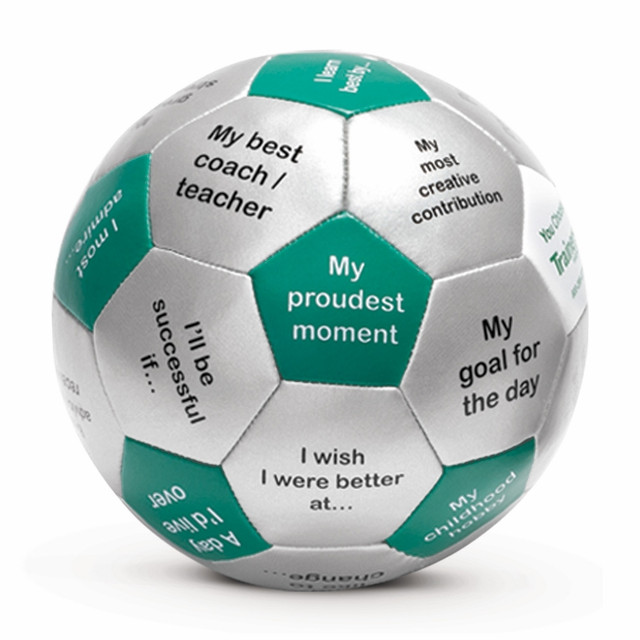Clean Slate Neuroscience for Effective Learning
When we first moved into a small, rustic house in the heart of the Berkshires, our first task was cleaning — cobwebs, dust, grease, old pots and pans, the works. Reflecting on the hard work, I appreciate that the same sort of preparation is required whenever you create something new — a garden, a freshly-painted room, an office space, and yes, the development of a new skill. Before putting in new plants and flowers, I spend days weeding, clearing, and tilling. Before applying a fresh coat of paint, painters take great care to fill holes, caulk gaps, and tape off the edges. In each instance, thorough prep work paves the way for whatever goodness comes next. Teaching and training require that same sort of preparation, helping learners clear their minds before tackling new challenges. Explore clean slate neuroscience and understand how you can help learners maximize their brain performance.
The Neuroscience of a “Clean Slate”
Several cognitive psychology and neuroscience findings support the necessity of beginning every learning endeavor with a “clean slate” or a focused mental state. Consider each of these brain science discoveries:
1. Attention and working memory are linked
Attention plays a crucial role in learning and memory processes. When we have a cluttered mind or are preoccupied with unrelated thoughts or tasks, it can be challenging to allocate sufficient attention and working memory resources to the new information we are trying to learn. Clearing our minds and focusing our attention can help optimize these cognitive resources for effective learning.
2. Interference increases forgetfulness
Interference occurs when new information interferes with the recall or retention of previously learned information. Imagine trying to remember a string of 7 numbers so they can be repeated in reverse sequence. Remembering 4 numbers is easy for most of us. With each digit we add, the challenge becomes more difficult. In an effort to remember the latest numbers, we’re prone to forget the earlier numbers. When a phone call, text, or knock on the door diverts our attention… forget about it! Similarly, if we try to learn something new without a clear mental state, the likelihood of interference from unrelated thoughts or memories increases, which can hinder the encoding and retention of new information. Starting with a clean slate can minimize the interference of random thoughts and promotes better learning.
3. Cognitive load impedes comprehension
Cognitive load refers to the mental effort required to process information during learning. When our minds are cluttered or preoccupied, the cognitive load increases, making it more challenging to comprehend and integrate new information effectively. Creating a clean mental state helps reduce unnecessary cognitive load and facilitates better encoding and retention of new knowledge.
4. Mindset and focus
Having a clear mental state before learning can also contribute to a positive mindset and increased focus. When we intentionally clear our minds and prepare ourselves for learning, we signal to our brain that we are ready to engage in the task at hand. This mental readiness and focus enhance our receptiveness to new information and improve learning outcomes.
Optimizing Learning

Trainers can help their student clear their minds in several ways.
- Share the break schedule. Your participants may have personal or work matters requiring their attention during the day. Let folks know when you’ll be taking breaks so they can attend to phone calls, emails, or other pressing matters on their to-do list.
- Invite sharing of current knowledge about the topic. Invite participants to share their prior experience with the topic you’ll be addressing. Ask what they already know and understand. Probe to learn their challenges and their pain points. Finally, identify existing knowledge gaps. Then, target the learning event to the appropriate level, discuss misinformation or new approaches, and draw upon the group’s existing wisdom.
- Articulate questions and concerns in advance. As part of your intro, ask participants to articulate any concerns or wishes they have for the learning day. At this point, you can address any misconceptions or misunderstandings about what the learning event will address. Record these thoughts on a flip chart so you can revisit them throughout the session. Then, tailor the session to address the group’s specific interests.
- Encourage To-Do lists. So that every thought that enters their minds does not become intrusive, suggest that participants keep a “parking lot” of to-do items. By writing thoughts down, for easy retrieval at some later time, our brains are free to focus more fully and absorb other information.
- Tend to the basics first. Be sure learners feel safe, comfortable, fed, and hydrated. Feeling cold, hungry, or preoccupied with emotions will certainly inhibit the brain from learning.
- Practice Mindfulness. Mindfulness is being in a state where you’re fully focused on the present moment. Through mindfulness, we calmly acknowledge and accept feelings, thoughts, and bodily sensations without judgment or personal rebuke. Some practice meditation or yoga to achieve mindfulness. Teachers and trainers can facilitate exercises that ask participants to do breathing exercises, set an intention, develop a gratitude list, be still for a minute or two, listen to the very end of the sound of a chime, and so forth. Mindfulness card decks can also be a good resource for those looking for appropriate exercises and activities that can quiet the mind.
The Trainers Warehouse Session Openers Thumball will assist with some of these tasks, but you can also utilize flip charts, sticky notes, and other traditional facilitation tools, to put these suggestions into action.
Find your Optimal “Clean Slate”
Optimal learning conditions can vary between individuals. Additionally, the impact of a clean mental state on learning may depend on various factors such as the simplicity or complexity of the material being learned, an individual’s prior knowledge, and the specific challenge at hand. Personally, I often find that I need to clean my desk or tidy up the kitchen (if I’m working from home) before I embark on a new, focused, mental challenge.

